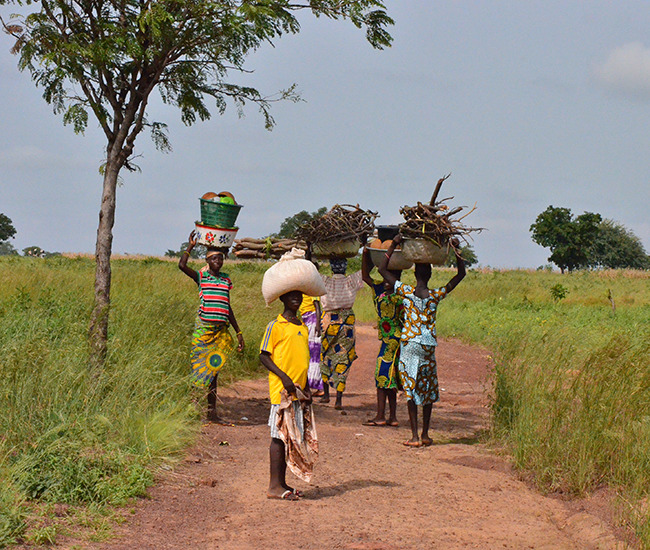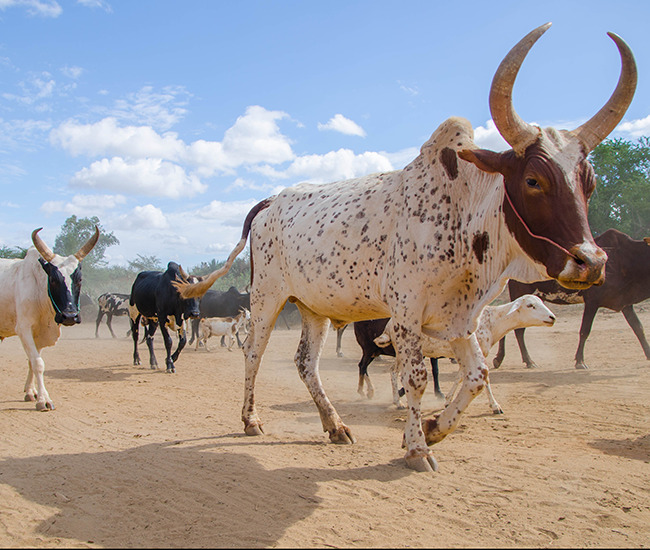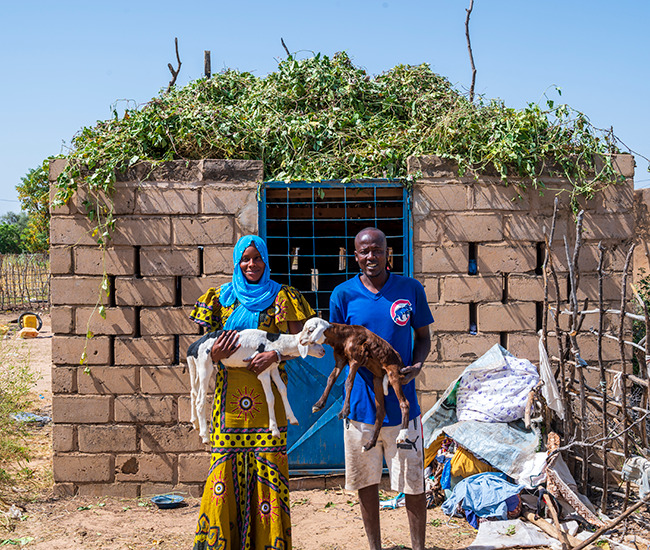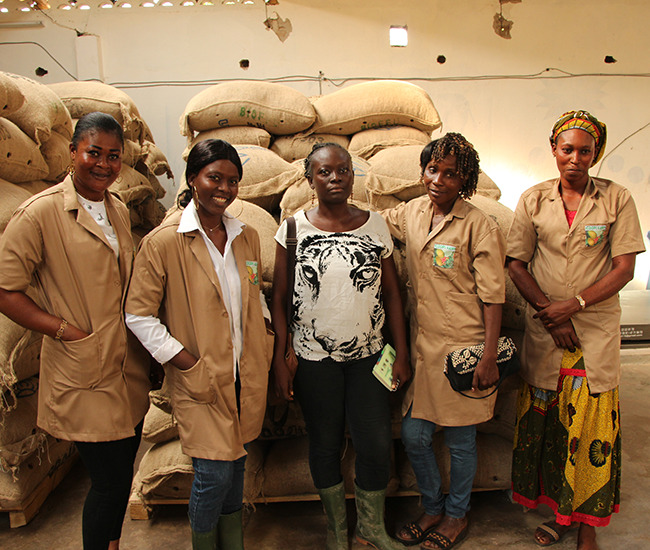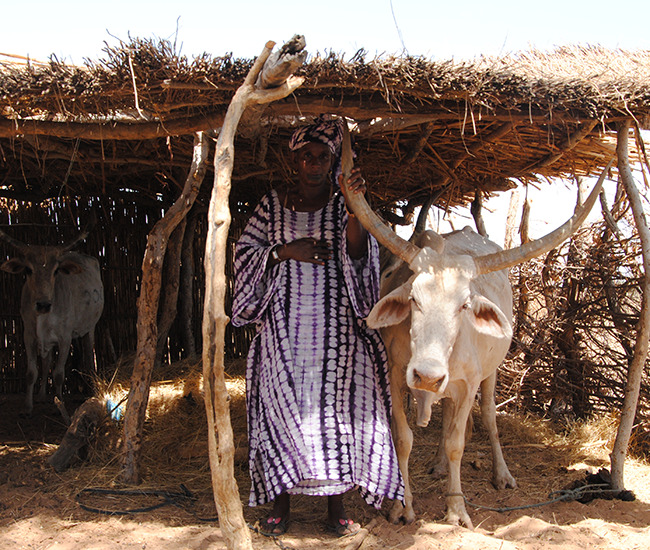ASVF: directly supporting local and agro-pastoral dairy production
AVSF has been helping smallholder crop and livestock farmers from Senegal for over 20 years in the Casamance region, in the prairies of the Fatik region, and in the Ferlo savannah. Senegal, one of the most industrialized countries in Africa, is known for its democratic tradition and social stability. Over the past few decades, however, global price volatility for cotton and peanuts (Senegal’s two most highly exported products) and rising prices for imported foods have had a direct impact on rural populations and have caused widespread frustration. Some people are deciding to leave and move to urban centers, which are becoming more and more overpopulated. The growing urbanization is inciting governments to introduce measures to reduce food prices by lowering trade tariffs (on rice, meat, powdered milk, etc.) in order to ensure that urban consumers, who often earn low incomes, can afford to feed themselves. But these measures are detrimental to local small-scale producers, who are not able to compete with the imported products.
AVSF, a pioneer in the field, began creating private and community dairies in the Haute Casamance region in the 1990s to promote local smallholder milk. Through these officially recognized pilot experiments, AVSF became something of a privileged government liaison to help strengthen the nation’s dairy-production capacity and propose joint programs focused on food and monitoring health.
In the Ferlo region, the majority of the population depends upon livestock farming and transhumance for its food supply and economic needs. AVSF supports agro-pastoral production and implemented an innovative and efficient model for managing livestock farming activities that empower Fula livestock farmer organizations in the region: pastoral units.
Defending the rights and role of rural women
In addition to supporting small-scale livestock farming, AVSF also supports agricultural food production and the creation of fairer supply chains (often fair trade or organic) for products such as sesame and cashew nuts. Faced with the effects of climate change on smallholder farmers, AVSF helps the livestock farmers adapt to increasingly dangerous climate hazards (via reforestation, access to water, etc.) and conducts experiments on producing biogas from manure as a means of providing access to energy and limiting emissions of methane and CO2.
In Senegal, AVSF supports smallholder farming in the face of industrial crop and livestock farming and worrying situations in terms of land concentration and development. Finally, AVSF strives in all of its activities to help women become more independent by strengthening organizations of women cashew and sesame producers and organizations of women poultry farmers, which have now become powerful, officially recognized cooperatives and federations.
